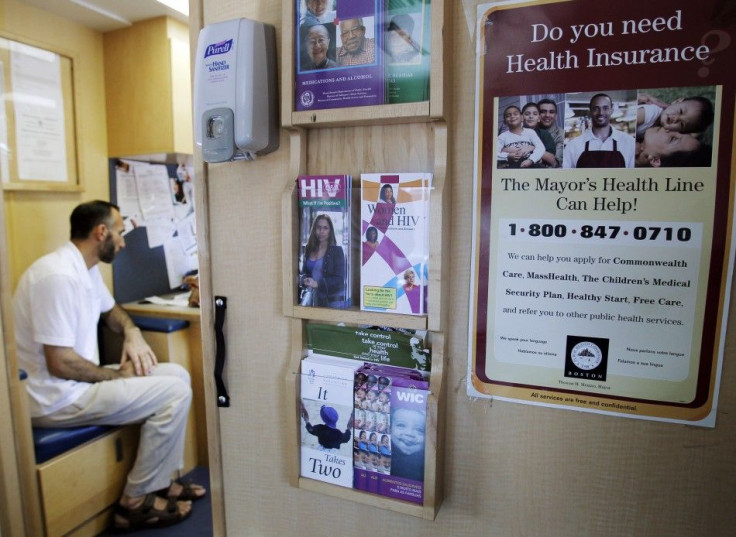State Health Insurance Exchange Rules Released By Obama Administration

The White House on Monday released guidelines for the state health insurance marketplaces that are vital to the U.S. health care reform law.
The new federally subsidized health insurance exchanges help fulfill the new law's mandate that every American obtain health insurance. They are intended to allow individuals and small businesses to compare prices and benefits online when purchasing insurance. (People who already have insurance through their employers won't need to switch).
Flexibility For States
States get considerable autonomy to choose what those exchanges will look like under the U.S. Department of Health and Human Services' newly unveiled blueprint. The Obama administration's guidelines set minimum standards for the coverage offered, set out options for working with Medicaid and stipulate that the exchanges need to be self-sufficient by 2015.
The rules drew praise from Democrats and some consumer groups who said the administration chose wisely by giving individual states leeway, rather than attempt to impose a one-size-fits-all approach.
Allowing states to continue to regulate their insurance industry and protect consumers is critically important, said Monica Lindeen, Montana's insurance commissioner and a Democrat. States have 150 years of experience regulating insurance. The more states' rights are maintained, the better off consumers will be.
Some States Delay Establishing An Exchange
But opposition to the new health care law continues to delay implementation. Many states have lagged in setting up exchanges as lawmakers await the outcome of an impending U.S. Supreme Court decision that could affirm or strike down key aspects of the law, or the potential election of a Republican president who would seek to dismantle it.
There are some risks in the stalling tactic. The new rules establish that states have until Jan. 1, 2013 to have the health insurance exchanges comply with federal standards, although states can still get federal approval if they can prove the exchanges will be operational by October 2, 2013.
If states delay too long, then the federal government retains the ability to step in and set up exchanges. That would limit states' flexibility in making decisions about pricing and coverage, meaning that states resisting the new law could ultimately cede power to the federal government.
As a result, some Republicans opposed to the new law are nevertheless urging states to begin setting up the exchanges -- Oklahoma State Representative Mark E. McCullough, a Republican, told The New York Times he was doing so as a defensive maneuver, so we could maintain as much control as possible. Other Republicans remain vehemently opposed to implementing a key aspect of the law.
Gov. Rick Perry [of Texas] believes that the federal health care law is unconstitutional, misguided and overreaching, his spokeswoman, Lucy Nashed, told The Times. Because of that, there are no plans to implement an exchange in Texas.
© Copyright IBTimes 2024. All rights reserved.











